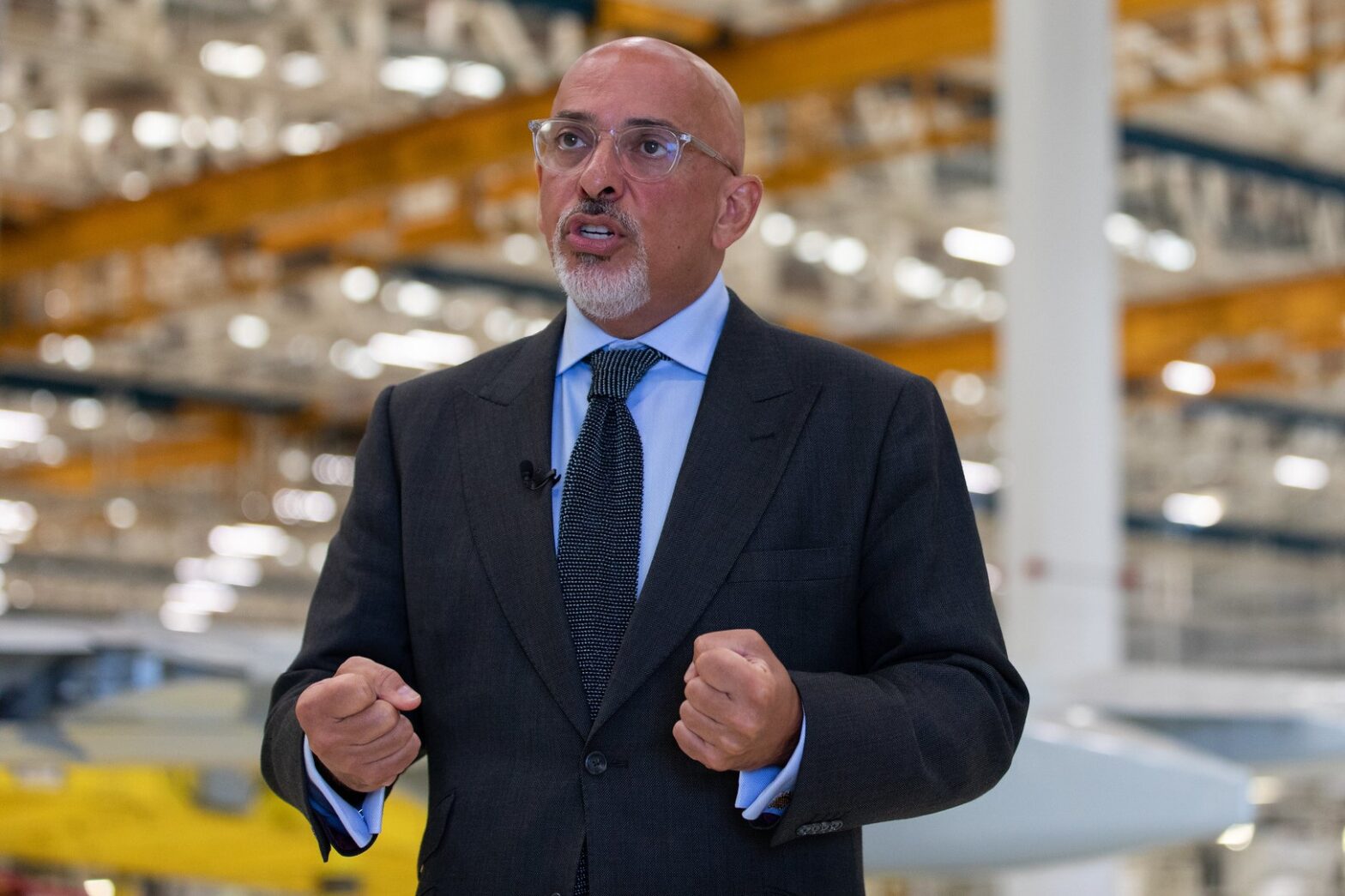UPDATED: Chancellor Nadhim Zahawi is considering grants for small businesses to help them get through the energy crisis, similar to previous Covid financial support.
Treasury officials are drawing up a package of proposals to bail out businesses this winter – including discretionary energy grants – otherwise thousands of small businesses could go bust because of uncapped electricity prices.
One option could be to repurpose Covid schemes to help businesses survive sky-high energy bills. The attraction of repurposing Covid support is that its funding mechanisms – administered by local government – were shown to work at scale.
>See also: How to find the best energy supplier for your small business
Other ideas include VAT and business rates holidays to reduce overall SME bills. These were deployed during the pandemic to help firms in the hospitality, leisure and tourism sectors survive lockdowns.
Today (September 2), Zahawi suggested that tax breaks could also be given to energy-intensive industries such as steel, ceramics and cement, according to The Times.
Though he’s not expected to remain as chancellor after the Tory leadership election on Monday (September 5), Zahawi has warned that a failure to act on behalf of businesses could force many firms into bankruptcy. “We have to make sure we support businesses as well as households,” he said.
He has not made it clear how much money would be available to businesses, but pointed to underspending in the government’s infrastructure projects budget that could be used to fund the support.
However, any decision would be down to the incoming prime minister, with Foreign Secretary Liz Truss seen as the frontrunner, and whether they want to add to the national debt. Truss has already pledged to cut national insurance contributions, reverse the planned increase in corporation tax and remove green levies on energy bills – measures which will already cost Treasury between £30bn-£50bn. However, former minister Michael Gove has warned Truss’s plans will not do enough to help small businesses.
Craig Beaumont, chief of external affairs at the FSB, told the Times it was confident that Liz Truss’s campaign had understood its message.
Beaumont said: “This help cannot arrive soon enough, as we are seeing the first businesses close their doors now, before energy use rises from next month into the autumn.”
Discretionary energy grants
An emergency budget has been penciled in for 21 September where Truss will reveal how the government will help voters whose energy bills are set to rise to £3,500 in October and £4,200 in January. The Federation of Small Businesses has called for the smallest firms to be included in a price cap, as well as discretionary energy grants as well as through the business rates system. It also wants a cut in VAT on energy bills for small businesses, which pay 20 per cent compared with the 5 per cent rate for households.
>See also: Business energy costs: how can you slash your gas and electricity bill?
Paul Wilson, policy director at the FSB, told the Times: “There’s a huge amount of worry, because although there have been interventions from the government to help households with the energy situation — and rightly so — there haven’t been any interventions to help businesses, despite the fact we have been talking about these issues for a year now.”
Meanwhile, the Confederation of British Industry (CBI) has warned that one in three companies expect soaring energy bills to stagnate their companies, pushing thousands of UK businesses to the brink of collapse.
Two thirds of businesses are facing a jump in their bills over the next three months, with a third of those firm facing increases of more than 30 per cent, the CBI warned.
The CBI has urged the Government to freeze business rates for another year and take quick and targeted action to prevent otherwise viable businesses from going bust.
The CBI also urged the Government to give companies and the self-employed more time to pay their tax bills and provide easier access to pandemic-style loans to shore up their finances.
A senior energy industry source told the Times that the government was banking on people limiting their energy usage, and therefore their bill, before it had to make an intervention costing billions. The priority was to help voters first and then worry about companies later, he said.
“Business customers have typically got more tools at their disposal to reduce their energy bills than households. It’s a real problem for businesses, but the biggest priority is consumers,” he said.
Another idea being bruited – similar to the concept being floated by supplies ScottishPower and Eon – would cap the amount they have to pay. Energy suppliers would then claw back the difference from the government, allowing them to charge a rate which is lower than current wholesale prices without losing money in the process.





